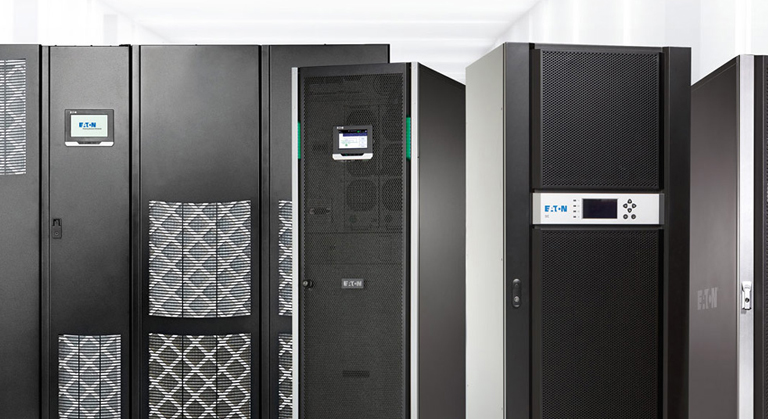The management of power supply is one of the most crucial investments for any organization. It’s not possible to run equipment depending on the local power supply, as mostly it’s not sufficient or the power cut may happen sudden or voltage fluctuations can damage your systems. So, organizations invest in uninterruptible power supply (UPS) systems to avoid any power break down. It can be quite a daunting task to choose from a variety of UPS systems, which will suit best with your requirement.
Look for these 6 must-have features to buy correct UPS systems for your organization:
1. Check How Many Outlets Are There
You can’t just go and pick any random UPS system whether you need it for official purpose or personal need. You should think first how many devices need to be connected with UPS. Buy the UPS which has at least two more outlets than you need, in case later some extra devices require power supply.
Many UPS systems feature more than eight plugs. No need to be excited, rather be sure if each plug is battery powered. Often, you will see specific UPS systems selling in low price, but has so many outlets. If you research a bit, you will see only few outlets are given battery power support. This won’t be an issue for many users, but they should know this before buying.
2. Check the Power of the UPS
Your UPS system should generate at least 25% more power than the devices connected to it will consume. So anytime before you buy, don’t forget to calculate the total power that devices need from the UPS supplies.
If you are planning to connect network devices, such as Ethernet or Modem, take into account the needed power of them also. If your UPS generates less power than the devices need, they will go down. It will be of no use.
3. Choose UPS Systems That Has Flexible Options
Every organization requires UPS support for server rooms and data centers. UPS systems with flexible configurations are best for these purposes, as these provide more options. Check from where you can insert cable to the UPS cabinet. Is it from top or bottom? Does the UPS have front access feature?
You should make your selection depending on for what purpose you are buying and where are you going to place it. For desktop computers, the tower UPS is usually used. If you need it for server and network management, rack-mount UPS is a better option for you.
4. Gather Knowledge about Various Types of UPS
In order to make the right choice, you should gather an overall knowledge on the types of UPS. Each type comes with some special features that suit certain equipment. So, think about the equipment that needs power supply and then decide which one to buy.
If you are in monetary constraints, buying a standby or offline UPS will be the best choice for you. These are mostly used for desktop computers. If you don’t face frequent power cuts for long duration or excessive voltage fluctuation, you can certainly go ahead with this choice.
Another upgraded version of offline UPS is line-interactive UPS, which is used mainly in small businesses for managing servers and networks in small scale. It’s faster than an offline UPS in switching from utility to battery power.
The final and big-budget UPS is online UPS, affordable only for large organizations. It has the capacity to save any organization from down time for long duration through its strong sine wave power.
5. Learn How Much Back Up Runtime the UPS Gives
The main purpose of buying a UPS is to save computers from sudden shut down. Besides, the user needs sufficient time to finish and save his work. So, one of the most important features of UPS is how much back up run time it is capable to give. If your requirement matches with the UPS capacity, then there’s no problem in buying.
Some organizations seek for UPSs that will give them support to continue their work during black outs. In case of any such need, read through the features carefully and then buy.
6. Check the Duration of Warranty
Nowadays many companies offer onsite warranties. Its a great option as you don’t need to take the hassle of taking products to the service center. Some company person will visit your place for diagnosis.
Another important aspect you must know is that there are separate warranties provided for different parts of the UPS such as for batteries and UPS systems. Don’t forget to check these before you buy. A minimum 3-year warranty is the standard. Compare between various companies and then decide which is the ideal option.
A Final Takeaway:
These tips will surely help you to make the right choice. A perfect UPS will give you best service as well as keep your machine protected.

